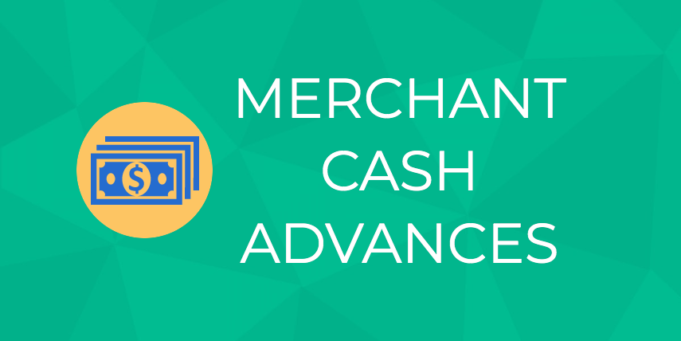Are you worried about your business being left short of financing due to the global credit crisis? Are you concerned that risky SBA (Small Business Association) loans will add more problems than solutions for your business? Have you evaluated merchant cash advance as a possible funding option for your business? Are you unable to decide Merchant Cash Advance Bank Levy SBA loans and merchant cash advance (also called a business cash advance)? If yes, then read on to find out which option is better for your business and can give it the time and resources needed to grow and progress.
Consider the following when choosing between a SBA loan and a merchant cash advance.
Minimal financial documentation required
If you are the owner of a well-established business, SBA lenders will ask you for current debt, loan balance and payment schedules, along with available collateral. New business owners must attach a business plan that reveals monthly cash flow projections for the first two years along with the SBA loan application. To determine your eligibility for the loan, lenders may consider credit card debt, liquid assets, personal loans and financial statements, tax returns and holdings of real estate.
With MCA you only need to provide two pieces of information, monthly credit card statements and the number of months in business. These two factors alone will determine your eligibility and what your loan amount will be.
Higher approval rates
Banks are cautious lenders. Even though SBA facilitates the loan, you receive money only if you can convince banks that you will be able to repay every penny on the loan. The volume of financial documentation evaluated Merchant Cash Advance Loan with lender caution reduce the chances of loan approval. The economic downturn has made it even more problematic to procure SBA loans.
Merchant advance providers, on the other hand, evaluate only your credit card receipts and number of months in operation. Unlike SBA loans, merchant advance laws do not include low FICO score and earlier bankruptcies as denial criteria.

















